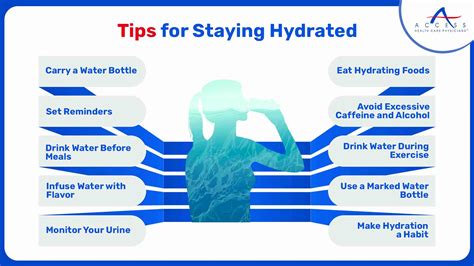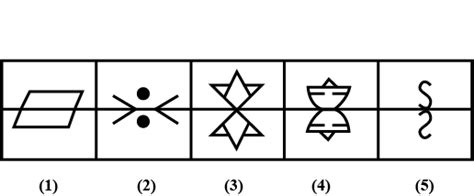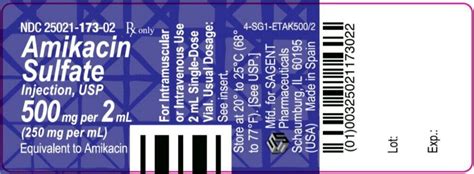Intro
Discover 5 effective ways to treat food poisoning, alleviating symptoms of foodborne illness, stomach infection, and digestive issues with natural remedies and medical treatments.
Food poisoning is a common and potentially serious health issue that affects millions of people worldwide every year. It occurs when an individual consumes contaminated or spoiled food, leading to a range of symptoms including nausea, vomiting, diarrhea, stomach cramps, and fever. The severity of food poisoning can vary greatly, from mild cases that resolve on their own to severe cases that require medical attention. Understanding the causes, symptoms, and treatments of food poisoning is crucial for preventing and managing this condition. In this article, we will delve into the importance of treating food poisoning effectively and explore five ways to treat food poisoning.
The importance of treating food poisoning cannot be overstated. If left untreated, food poisoning can lead to dehydration, electrolyte imbalances, and even life-threatening complications such as kidney failure or respiratory distress. Furthermore, some types of food poisoning, such as those caused by Salmonella or E. coli, can have long-term health consequences if not treated promptly and effectively. Therefore, it is essential to recognize the symptoms of food poisoning and seek medical attention if necessary. In addition to medical treatment, there are several ways to treat food poisoning at home, which we will discuss in detail below.
Treating food poisoning requires a comprehensive approach that addresses the underlying cause of the condition, manages symptoms, and prevents complications. While medical treatment is necessary in severe cases, there are several ways to treat food poisoning at home that can help alleviate symptoms and support the recovery process. These methods include staying hydrated, resting, using over-the-counter medications, and practicing good hygiene. In the following sections, we will explore these methods in more detail and provide practical tips for treating food poisoning effectively.
Treating Food Poisoning with Hydration

In addition to drinking fluids, individuals with food poisoning can also consume foods that are high in electrolytes, such as bananas, avocados, and nuts. These foods can help replenish lost electrolytes and support the recovery process. Furthermore, individuals can also use oral rehydration solutions, such as Pedialyte, to help replace lost fluids and electrolytes. These solutions are specifically designed to treat dehydration and can be purchased over-the-counter at most pharmacies.
Rest and Recovery

In addition to resting, individuals with food poisoning can also practice relaxation techniques, such as deep breathing, meditation, or yoga, to help manage stress and promote recovery. These techniques can help reduce symptoms, such as nausea and vomiting, and improve overall well-being. Furthermore, individuals can also use a warm compress or a heating pad to help alleviate stomach cramps and discomfort.
Over-the-Counter Medications

In addition to anti-diarrheal and anti-nausea medications, individuals with food poisoning can also use pain relievers, such as acetaminophen or ibuprofen, to help alleviate stomach cramps and discomfort. However, it is crucial to avoid using these medications excessively, as they can have side effects and worsen symptoms. Furthermore, individuals should always read and follow the label instructions and consult with a healthcare professional if they have any questions or concerns.
Practicing Good Hygiene

In addition to washing hands, individuals with food poisoning should also keep their environment clean and hygienic. They should disinfect surfaces, such as countertops and sinks, and wash utensils and dishes thoroughly. Furthermore, individuals should also avoid sharing food, drinks, or utensils with others, as this can spread the infection.
Natural Remedies

In addition to these remedies, individuals with food poisoning can also use other natural remedies, such as activated charcoal, to help absorb toxins and reduce symptoms. However, it is essential to use these remedies cautiously and only as directed, as they can have side effects and interact with other medications. Furthermore, individuals should always consult with a healthcare professional before using any natural remedies, especially if they have any underlying health conditions or are taking medications.
What are the common symptoms of food poisoning?
+The common symptoms of food poisoning include nausea, vomiting, diarrhea, stomach cramps, and fever. In severe cases, food poisoning can cause dehydration, electrolyte imbalances, and even life-threatening complications such as kidney failure or respiratory distress.
How can I prevent food poisoning?
+To prevent food poisoning, it is essential to handle and prepare food safely. This includes washing hands frequently, separating raw and cooked foods, cooking foods to the recommended internal temperature, and refrigerating perishable foods promptly. Additionally, individuals should avoid eating high-risk foods, such as undercooked meat or raw eggs, and should always check the expiration dates of packaged foods.
When should I seek medical attention for food poisoning?
+Individuals with food poisoning should seek medical attention if they experience severe symptoms, such as bloody stools, vomiting blood, or difficulty breathing. They should also seek medical attention if they have a weakened immune system, are pregnant, or have a underlying health condition. Additionally, individuals should seek medical attention if their symptoms worsen over time or if they experience signs of dehydration, such as excessive thirst or dark urine.
In conclusion, treating food poisoning requires a comprehensive approach that addresses the underlying cause of the condition, manages symptoms, and prevents complications. By staying hydrated, resting, using over-the-counter medications, practicing good hygiene, and using natural remedies, individuals with food poisoning can alleviate symptoms and support the recovery process. It is essential to recognize the symptoms of food poisoning and seek medical attention if necessary. We hope that this article has provided you with valuable information and insights on how to treat food poisoning effectively. If you have any questions or comments, please do not hesitate to share them with us. We would love to hear from you and help you in any way we can.
